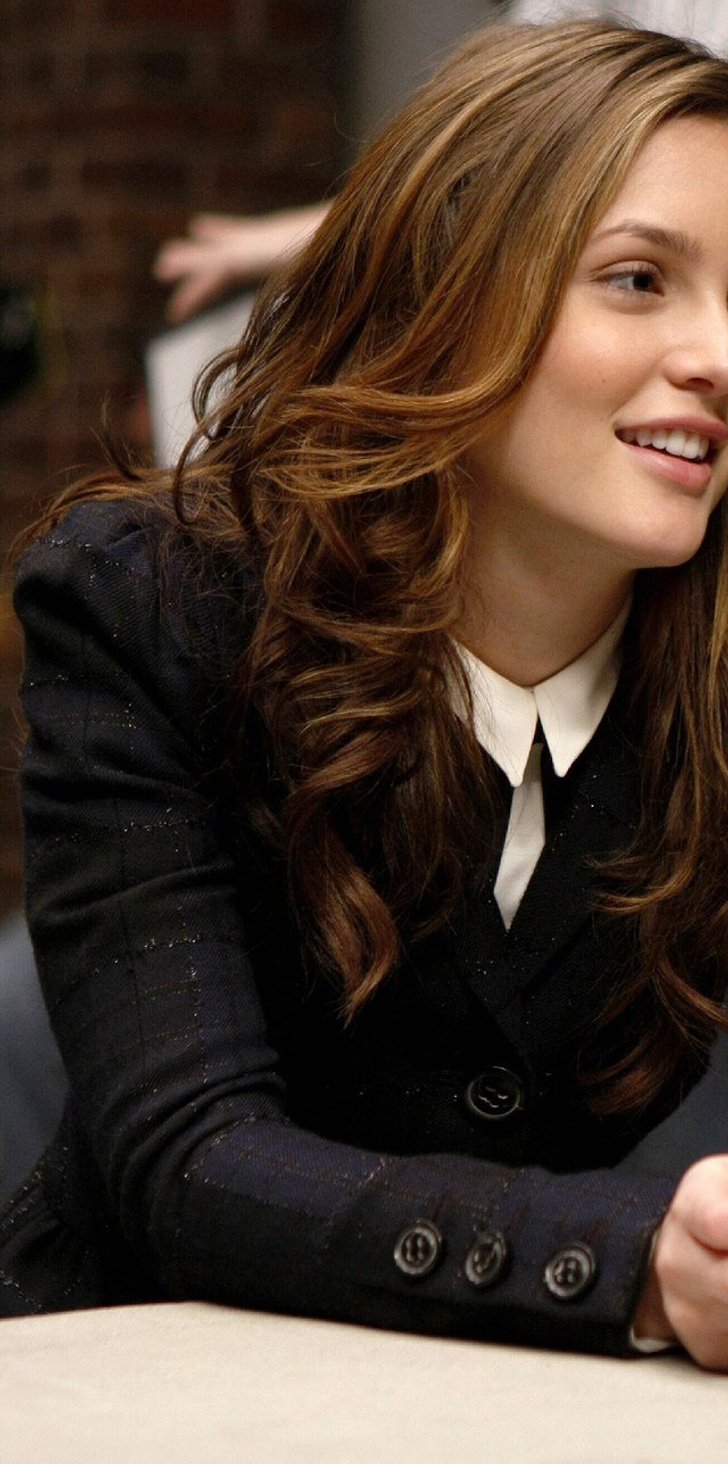Inaugurations may signify new beginnings, but it doesn’t look like anti-Trump celebrities will be turning over a new leaf about the president-elect anytime soon.
After a contentious 18-month road to the White House and divisive election results between the popular and electoral votes, Donald J. Trump is a political newcomer who is anything but unfamiliar with controversy. Given the numerous statements he’s made that have been deemed offensive against minority groups, it should come as no surprise that many A-List celebrities and musicians have publicly denounced the incoming president by refusing to attend, or participate in, the 2017 Presidential Inauguration.
Among these celebrities are John Legend, Celine Dion, Elton John and Garth Brooks. Numerous performers that were approached announced that they would not be performing at the January 20th event because of their personal political beliefs, or fears of alienating their respective fanbase. However, what kind of precedent does that set for Trump’s presidency?
Presidential inaugurations have been viewed as unifying events that illustrate the values and cohesiveness of the incoming version of Americana. It’s representative of the blending of cultural principles and political ones, a visual and auditory symbol of the melting pot that is the United States of America.
Whether people like it or not, the inclusion of celebrity figures and musicians at political events like inaugurations help to showcase the coming together of two pieces of America's culture, the artistic and political mediums. Music is a unifying force among individuals from a variety of backgrounds. So, combining it with a high-stakes political event is a productive attempt at developing cohesiveness in politics. Similarly, pop culture icons are a brand, and brands sell. When people see their favorite artists participate, actively, in a particular party or cause, it encourages the artist's fans to follow suit. By engaging audiences with politics through these central cultural figures, it encourages a more participatory electorate.
Franklin Delano Roosevelt invited Mickey Rooney to perform, while John F. Kennedy welcomed Frank Sinatra. Barbra Streisand sang at George H.W. Bush’s, while Bill Clinton’s featured a reunion performance from Fleetwood Mac. In contemporary years, Ricky Martin performed at George W. Bush’s inauguration, and both Aretha Franklin and Beyonce performed at Barack Obama’s 2009 and 2013 inaugurations respectively.
Confirmed performers for Trump’s inauguration include the following: former "America’s Got Talent" contestant Jackie Evancho, The Mormon Tabernacle Choir and the Radio City Rockettes. The Rockettes come to the event following a controversial decision by their union that the dancers were forbidden from boycotting the gig.
Whether artists like it or not, their decision to perform is a political statement and an affiliation of both their brand and their presumed personal beliefs with whoever is being sworn in. The stigmatizing effect Trump’s brand has on Republicans leads to greater hesitancy by even the most conservative celebrities. Trump’s platform has been denounced time and again as misrepresentative of both Republican and American ideals. Even actions as seemingly simplistic as singing the National Anthem are interpreted not only as a musical performance, but as part of a political agenda.
Given Donald Trump’s combative rhetoric and contested relationship with the mainstream media, it isn’t shocking that his inauguration should follow a similar pattern, tweeting on December 22 that “so-called ‘A’ list celebrities are all wanting tixs to the inauguration….” and that “I want the people.” But in a presidential election where his Democratic opponent, Hillary Clinton, won nearly three million more popular votes, is he really what the people want?





















